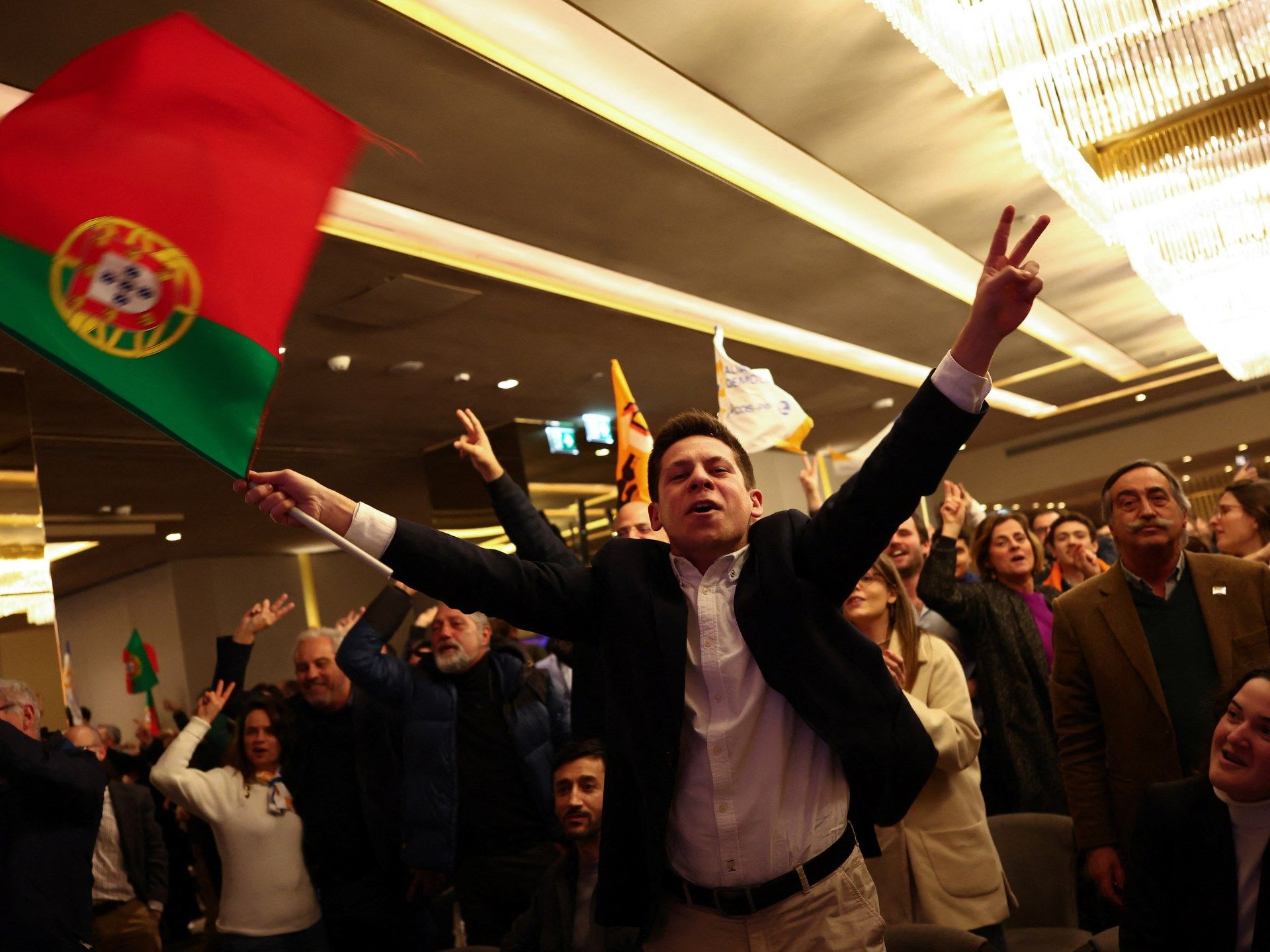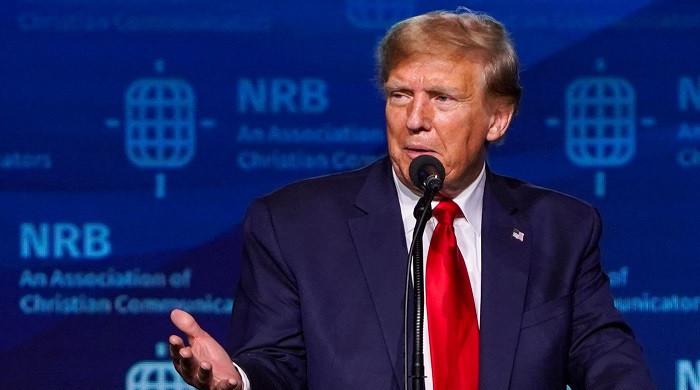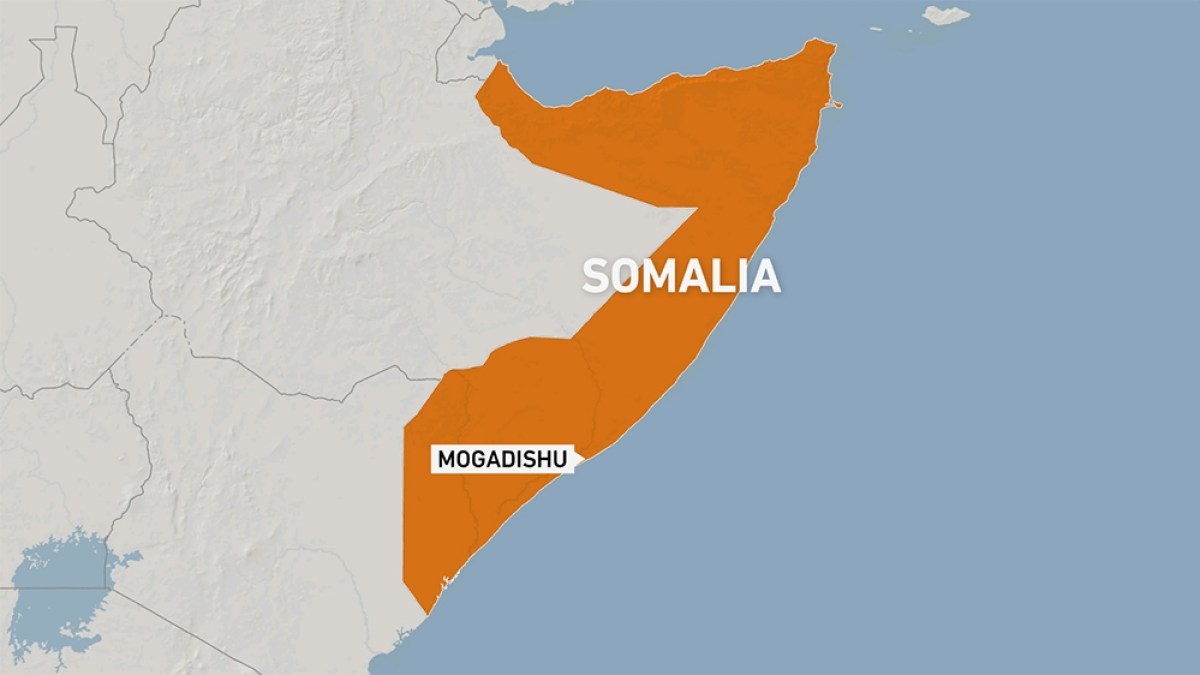Three exit polls show that the combined right-wing parties, including the far-right Chega, could secure an absolute majority.
Portugal's center-right Democratic Alliance (AD) is set to win the most votes in the country's parliamentary elections, but is well short of an outright majority, three exit polls showed.
The polls, published after the voting closed at 8:00 p.m. (20:00 GMT) on Sunday by the three main television channels SIC, RTP and TVI, showed the AD alliance in the range of 27.6 to 33 percent, just ahead of the current socialists.
Polls projected that all right-wing parties combined, including the far-right Chega, would likely win an outright majority.
Chega was likely to win between 14 and 21.6 percent, a big jump from the 7.2 percent he got in the last election in January 2022.
However, the AD has so far ruled out any agreement with Chega, which could lead to an unstable government.
Polls put the Socialist Party between 24.2 and 29.5 percent.
The far right could help form a coalition
Issues that have dominated the election campaign have included a devastating housing crisis, low wages, poor healthcare and corruption.
The Social Democrats and Socialists have alternated in power for decades, but they have never faced such a strong challenge from a far-right party.
Social Democratic leader Luis Montenegro, who also heads the AD alliance of right-wing parties and would likely become prime minister if he wins, ruled out the possibility of teaming up with Chega during the campaign.
But if Montenegro is unable to form a majority government, its decision could be forced, leaving Chega as the power-holder.

Far-right party could abandon controversial proposals
Chega leader Andre Ventura, a former law professor and television football commentator, has said he is willing to abandon some of his party's most controversial proposals – including chemical castration for some sex offenders and the introduction of criminal penalties. of life imprisonment – if that allows his party to be included in a possible government alliance with other center-right parties.
However, his insistence on national sovereignty rather than deeper European Union integration and his plan to give the police the right to strike are other issues that could thwart his ambitions to form a governing coalition.
The Chega party has sought to capitalize on corruption allegations that have dogged the two main parties.
The general election was sparked by the sudden resignation of socialist Prime Minister Antonio Costa amid a corruption investigation.
That episode seemed to have hurt the socialists at the polls.
Low wages and the high cost of living (made worse last year by surges in inflation and interest rates), coupled with a housing crisis and failures in public health care, have further contributed to public discontent. .
The discontent has been further stoked by Chega, who could potentially take full advantage of the current public mood.












